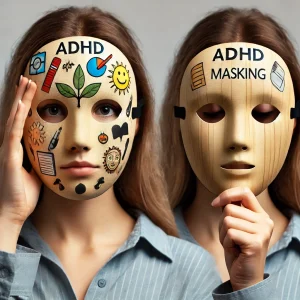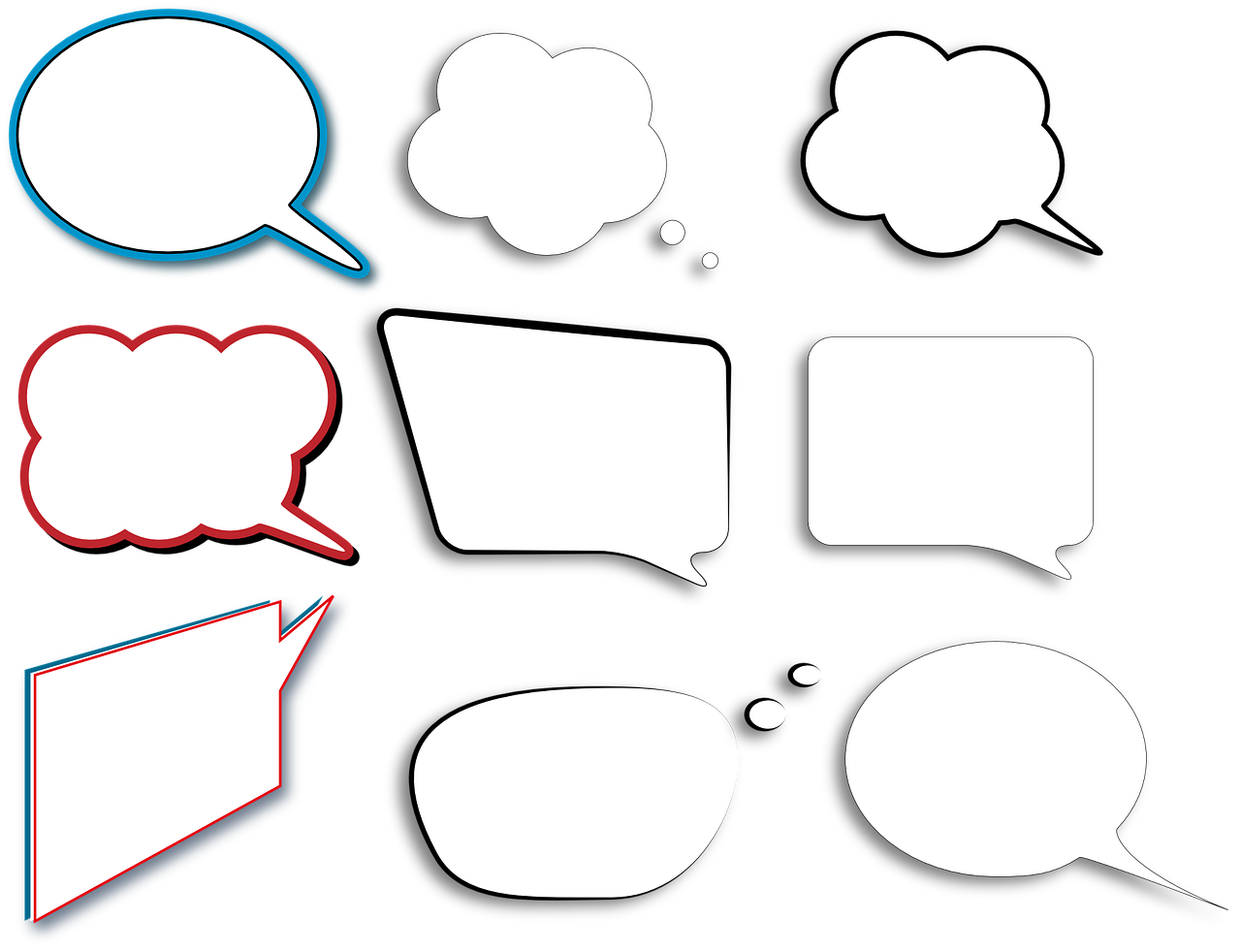Unveiling the Invisible: Recognizing ADHD in High-Masking ADHD Women
Unveiling the Invisible: Recognizing ADHD in High-Masking ADHD Women
Introduction: When You’re Struggling, but No One Sees It
If you are an ADHD women who no one would suspect has ADHD you might be high masking. Have you ever felt like you’re juggling everything perfectly on the outside, while secretly struggling to keep it all together? For many women with ADHD, this is their everyday reality. They seem calm, competent, and organized, but beneath the surface, they’re working twice as hard to manage their symptoms—and it’s exhausting. Some adhd women do it really well and do it so well that noone recognizes!
This is called high masking. It’s when women with ADHD hide their challenges so well that even they may not recognize their own struggles. Let’s talk about what masking looks like, why validation is so important, and how to start letting your true self shine.
What is Masking in ADHD?
Masking is like wearing a costume every day—one that looks “acceptable” to others but might not feel right to you. It’s about hiding ADHD symptoms to avoid judgment or fit in.
High-masking women with ADHD are experts at blending in. They’ve spent years perfecting behaviors to compensate for things like forgetfulness, time blindness, or impulsivity. While this can help them navigate certain environments, it also makes it harder for others (and sometimes even themselves) to see the real struggles underneath.
Why Do Women Mask More?
For many women, societal expectations play a huge role in why they mask. From a young age, girls are often taught to be polite, organized, and emotionally steady. Women are expected to “keep it together” at work, home, and in relationships.
For women with ADHD, this pressure can make masking feel like the only option. They hide their struggles to meet these expectations, often at the expense of their own well-being.
Why Validation Matters When you are High Masking
One of the hardest parts of masking is feeling like no one truly understands what you’re going through. When you finally open up about your struggles and someone brushes it off—“You’re doing fine, though!”—it can feel invalidating.
Validation means having someone say, “I see how hard you’re trying, and it’s okay to let yourself be real.” This kind of understanding creates a safe space to lower the mask and ask for help.
Validation can come in small but meaningful ways, like:
A friend saying, “I didn’t realize how much effort you put into staying organized—that must be exhausting.”
A therapist acknowledging, “It’s okay to admit that you’re struggling. You don’t have to handle everything alone.”
But the truth is, validation doesn’t always come from others. Sometimes, the first step is recognizing your own efforts and saying to yourself, “I’m doing the best I can, and that’s enough.”
What Does High Masking Look Like?
High masking can be tricky to spot because it’s designed to hide the very things it’s compensating for. Here are some common signs:
1. Inconsistent Abilities
You might excel at work but struggle to keep your home organized. These ups and downs aren’t laziness—they’re part of how ADHD works.
2. Social Perfectionism
You might seem outgoing and friendly in social settings, but avoid deeper connections because you’re afraid of being judged.
3. Over-Preparation
Spending hours rehearsing conversations, triple-checking tasks, or creating detailed plans to avoid mistakes.
4. Emotional Exhaustion
Feeling drained after a day of masking. Even when everything looks fine on the outside, you’re carrying the weight of constant self-monitoring.
5. Difficulty Asking for Help
The fear of being vulnerable or seeming “needy” makes it hard to let others in, even when you’re overwhelmed.
The Toll of High Masking
Masking might help you get through the day, but it comes with a cost. Over time, constantly hiding your struggles can lead to:
- Burnout: The mental and emotional exhaustion from keeping up appearances.
- Identity Loss: Feeling disconnected from your true self because you’ve been masking for so long.
- Isolation: Struggling to form authentic relationships when people only see the “put-together” version of you.
High masking often leads to missed or delayed ADHD diagnoses. When someone seems capable and composed, their struggles can be overlooked by healthcare providers, friends, and even themselves. This is why it’s so important to look beyond the surface.
Reflection: Are You Masking?
Take a moment to think about your own experiences:
- Do you ever feel like you’re performing or pretending to “have it together”?
- Are there moments when you wish someone would notice you’re struggling, even when you’re not saying it out loud?
- How would it feel to lower the mask, even just a little, with someone you trust?
How to Start Unmasking
Unmasking is a process, and it takes time. Here are some small steps to help you start:
1. Find Safe Spaces
Look for people who accept you for who you are, whether that’s a close friend, a therapist, or an online community.
2. Be Honest with Yourself
Recognize the effort you’re putting into masking and ask yourself if it’s serving you. It’s okay to acknowledge that you’re tired.
3. Start Small
You don’t have to unmask all at once. Try letting your guard down in little ways, like sharing a small struggle with someone you trust.
4. Practice Self-Compassion
Give yourself grace. Masking was a way to cope, and it’s okay to take your time finding what feels authentic to you.
Conclusion: You Don’t Have to Hide
High masking might help you get through the day, but it shouldn’t come at the cost of your well-being. You deserve to feel seen and supported—not just for the mask you wear, but for the person you truly are underneath.
Remember, unmasking doesn’t mean giving up the strategies that work for you. It means giving yourself permission to prioritize your mental health and embrace your authentic self.
Next Steps
If you’d like to learn how masking overlaps with autism, check out our next blog: ADHD vs. Autistic Masking in Women.
Other pages on my site
ADHD and Social Anxiety: Empowering Women to Thrive
Some outside links on masking
Learn about high masking in autism







